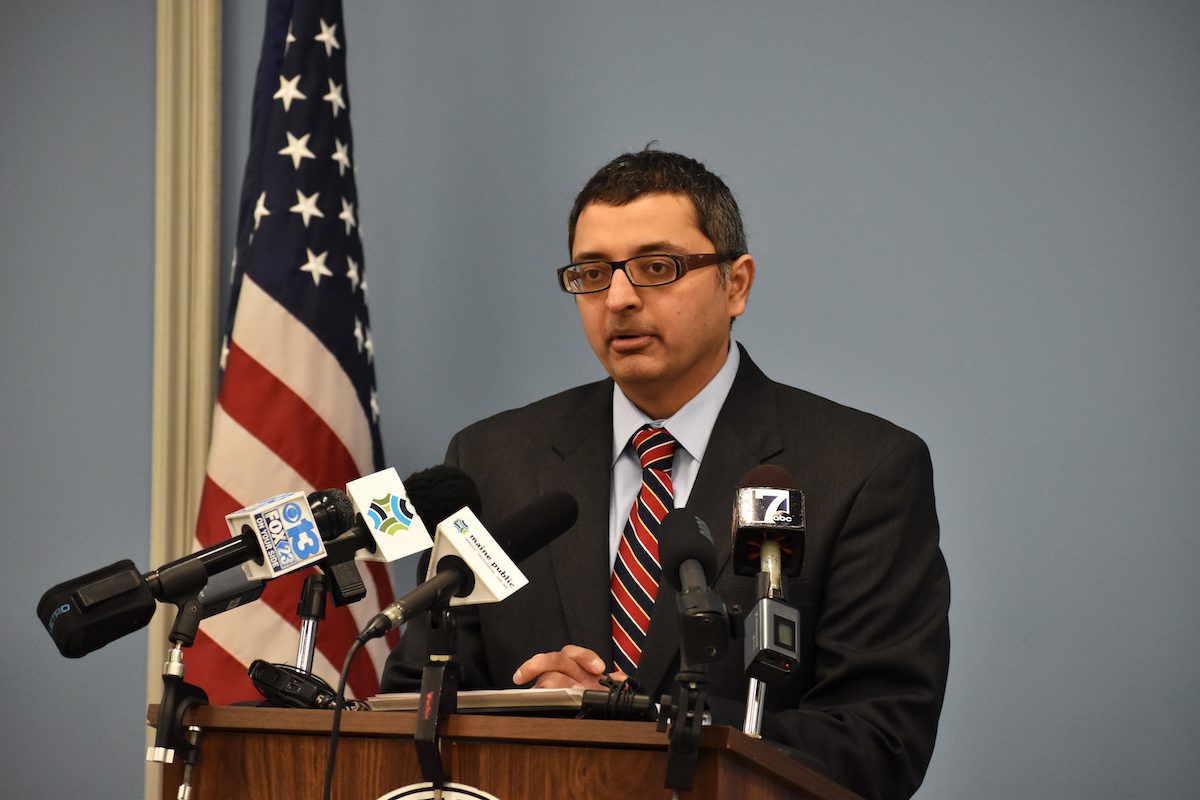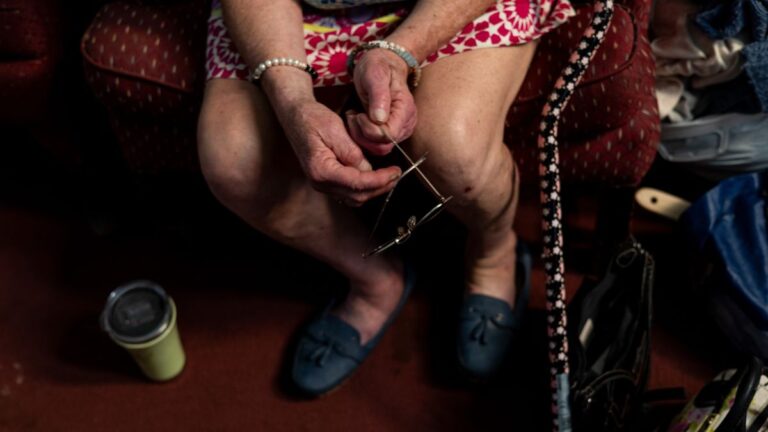Maine Public Health identified the state’s first case of monkeypox last week in a York County male.
Maine CDC Director Nirav D. Shah said the Maine CDC has been preparing for monkeypox for several weeks, given the international outbreak. Shah has posted a number of questions and answers on Twitter.
Here, lightly edited, are his answers:
Monkeypox is a rare disease caused by infection with the monkeypox virus.
The Monkeypox virus is part of the same family of viruses that causes smallpox, though the diseases are different. The symptoms are milder, and monkeypox is rarely fatal. More from the CDC here.
Monkeypox often causes a rash that can look like pimples or blisters that appear on the face, inside the mouth, and on other parts of the body. Individuals also report symptoms like fever, fatigue, and muscle aches.
The rash goes through different stages before healing completely. The illness typically lasts 2-4 weeks. And symptoms usually appear one to two weeks after infection.
Monkeypox spreads in different ways. Most commonly from person-to-person through direct contact with the rash, scabs, or body fluids. Even though it is not considered a sexually transmitted infection, monkeypox can spread during intimate physical contact between people.
Right now, monkeypox is spreading among men who have sex with men.
As with any infectious disease, prevention is key. Avoid close, skin-to-skin contact with people who have a rash that looks like monkeypox. And have a conversation about monkeypox with new partners.
What should I do if I have symptoms? See a healthcare provider if you notice a new or unexplained rash or other monkeypox symptoms.
Avoid close contact (including intimate physical contact) with others until a healthcare provider examines you.
Maine has received a monkeypox vaccine called Jynneos from the federal government, with enough to vaccinate 311 people. The Maine CDC is making the vaccine available to close contacts of cases as well as those at risk of transmitting monkeypox or becoming severely ill.
Across the country right now, demand for the vaccine is greater than the available supply. The next batch of vaccine is not expected to be available to states until roughly mid-August.
What does all this mean for you? Know that monkeypox is circulating. It is preventable, though.
According to the U.S. Centers for Disease Control and Prevention, the risk of monkeypox to the general population is low at this time.







